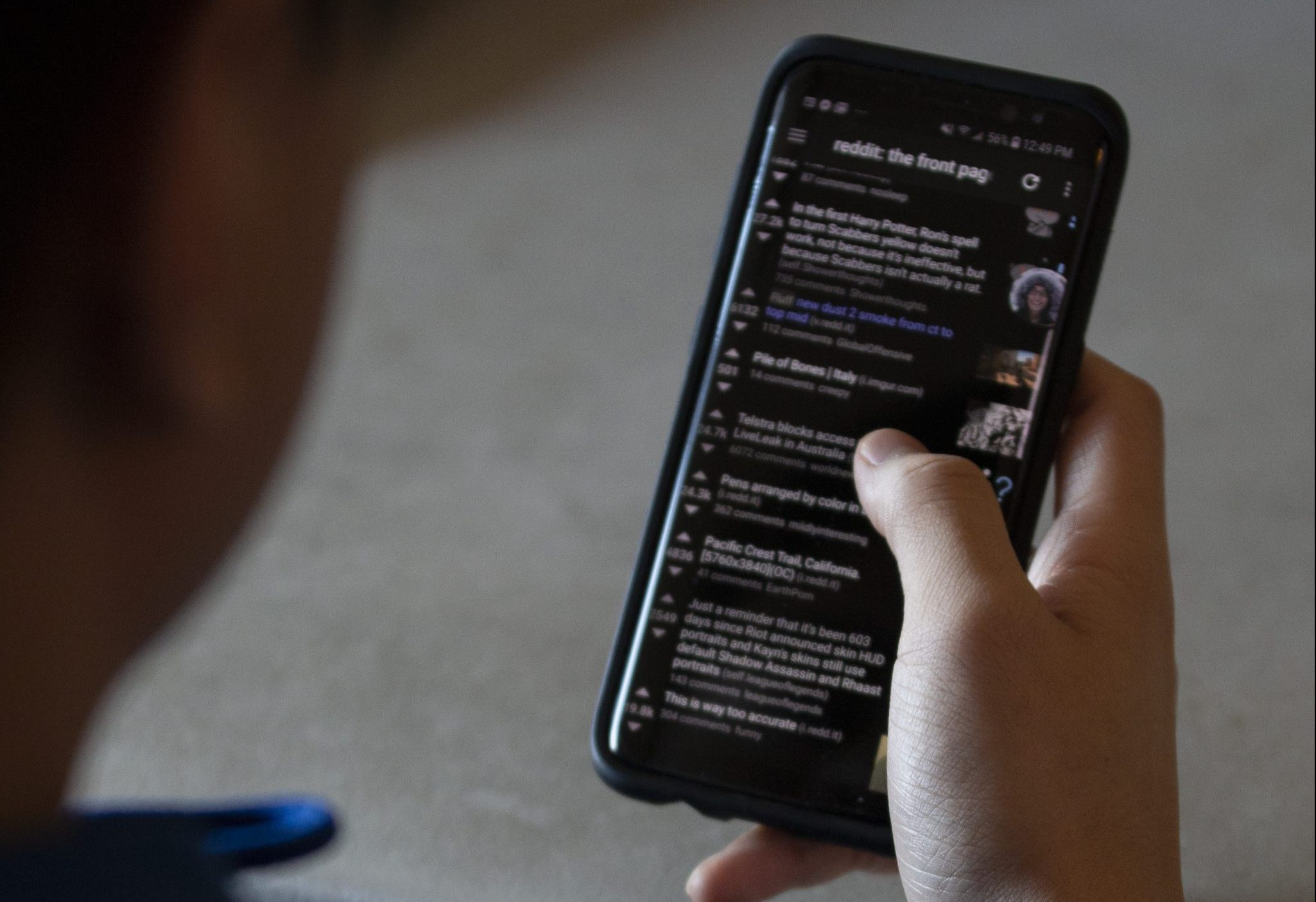“A ban is not a plan”: provincial government cellphone ban leaves schools without actionable strategies for implementation


On Mar. 15, Lisa Thompson, minister of education for the Ontario Provincial Government, revealed in a media release that, amongst other changes, a province-wide ban on cellphones would be implemented in classrooms beginning next September, as part of the new “Education that Works for You” plan.
The plan, according to the release, argues that these changes “will modernize curriculum, modernize classrooms and empower educators to better prepare students for the realities of today’s modern world.”
The proposal was created through the collaborative effort of over 72,000 consultations with “parents, teachers, students, employers and organizations” through open submission forms, online surveys and town hall meetings in various regions of the province.
Included in this plan is the provincial government’s proposed changes to “modernize” classrooms across the province, which include updates to technology (broadband services), e-learning (centralization and accessibility), as well as changes to EQAO (focusing on equity), class sizes, hiring practices (encouraging transparency, fairness, consistency and accountability), student grants and, of course, the prohibition of cell phone usage during instructional time.
“[Regarding the cellphone ban] I don’t think there’s a lot of change. They’re suggesting that cell phones will be banned from classrooms, except for educational purposes, medical reasons or exceptions, for learning reasons — which is pretty much how most [School] Boards have handled it up to this point,” said Julie Mueller, associate professor for the faculty of education at Wilfrid Laurier University.
Mueller believes that, in order to effectively solve a problem, there needs to be a more clear definition about what the problem is in order to find the variables that are causing that problem.
“I think the problem I see with the ban … is that we’re not identifying the problem, so it seems like a very fearful reaction to something, but we’re not really identifying what [that] problem is,” Mueller said.
As far as the current plan by the government, she sees a dichotomy: on one hand, the government is discussing the “modernization” of learning. But on the other hand, they’re going to be enforcing bans without a proper implementation process.
“I think they’re being reactive to parents and some teachers who will be very happy with a ban of cellphones, because they’re saying ‘they’re distracting’ … but I think what you really need to identify is: distracting from what?”
Distractions, she notes, come in many forms for students: from daydreaming, to social media and applications on digital tools such as phones, which has research supporting its addictive properties.
Most of these, she says, come from a lack of active learning opportunities in classrooms, as well as mismanageOntarioment of digital tools with educational potential, such as social media.
“[In] schools, [while they] are learning that curriculum, they’re also learning how to be a social citizen in a digital age. I think that if we ban the cultural tool that they’re using to be involved in social media, we’re missing out on the opportunity to teach them how to use it,” Mueller said.
Modernizing the learning process for students in a digital age will be a difficult task for future educators, but one thing that Mueller wishes to pose is the question of what those learning outcomes will look like — something that she feels is not being addressed by the ban.
“I think we need to look at technology being integrated as a cultural tool, and the phone is one of them,” Mueller said.
“We need to be taking an active learning approach, and having students construct their knowledge — there’s lot of examples in our classrooms already .. let them be invested in their own learning.”
As far as the current plan by the government, she sees a dichotomy: on one hand, the government is discussing the “modernization” of learning. But on the other hand, they’re going to be enforcing bans without a proper implementation process.
“There’s not a big plan. A ban is not necessarily a plan,” Mueller concluded.


